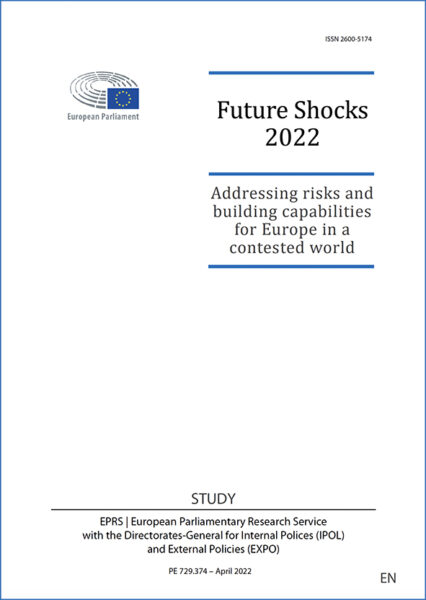Everyone is aware that the institutions of the EU are facing the problem of a lack of effectiveness and legitimacy which threatens to worsen as the number of member states increases (to 20, 25, 30 or even more). Will the latest intergovernmental conference to be held in Nice in December 2000 manage to find a solution to current problems, which are the same as those that its predecessor failed to resolve in 1997 in the Amsterdam Treaty?
Yves Bertoncini argues here that there are two main issues at stake: (i) the composition and work of the European Commission, and (ii) the decision-making process in the Council of Ministers. He thinks that there may be a solution which will offer an escape from the never-ending debate about the way that decisions are reached by resorting to the procedure known as “reinforced co-operations”.
The author highlights first the ambiguous situation of the Commission arising from uncertainty about the status of the Commissioners -are they each representatives of their nation or do they together make up a supranational, collegial administrative body?- which then affects how many there are (the need for every member state to be represented) and their weight in the decision-making process. He points out the anomalies relating to the Commission’s powers, in particular with regard to legislation, when it is not sufficiently independent of the member states; he therefore proposes ways in which reforms might increase the Commission’s effectiveness and legitimacy.
In the next section, Bertoncini looks at the system of voting in the Council of Ministers and argues that it is essential to abandon the principle of unanimity, which is a major source of bottlenecks, and to discuss the current decision-making procedures and their attendant problems, given the weight of each member state and the size of majority required in each case. He shows how complicated the present system is and discusses the various solutions being considered, with the difficulties they raise.
Finally, looking forward to the possibility that the latest negotiations on this matter will fail once again, Yves Bertoncini proposes, more pragmatically, even greater use of the system of “reinforced co-operations”, which would have the advantage that “it does not a priori exclude any member state but does take account of the extremely variable positions of different countries in a union with 20 or 30 members, in which it would be utterly futile to try to get them all to keep in step”. In doing so, Bertoncini pleads that, as long as no entirely satisfactory overall institutional arrangements can be achieved, at least de facto shifting alliances should be allowed to develop.
Les institutions européennes dans l'impasse
Cet article fait partie de la revue Futuribles n° 259, déc. 2000


